Nigeria is set for celebration of May 29 as “Inauguration Day”, rather than Democracy Day for the second time, after June 12 was given the honour by President Muhammadu Buhari in 2018.
Nigeria’s official democracy day used to be May 29, marking when Olusegun Obasanjo took office as the President of Nigeria in 1999, to end decades of military rule in the country that began in 1966.
The long military interregnum was only interrupted by the brief period of democracy from 1979 to 1983.
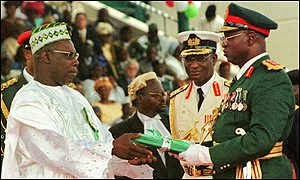
TVC News Senior Political Correspondent, Ayodele Ozugbakun in this reports that until the 6th of June, 2018, Democracy Day in Nigeria was held annually on May 29.
It is used to commemorate the day the military handed over power to an elected civilian government in 1999, marking the beginning of the longest uninterrupted civil rule in the country since 1960.
Nigeria gained independence from Britain in 1960, then fell prey to the first of many military coups on 15th of January, 1966, and then, a civil war, which lasted from 1967 to 1970.
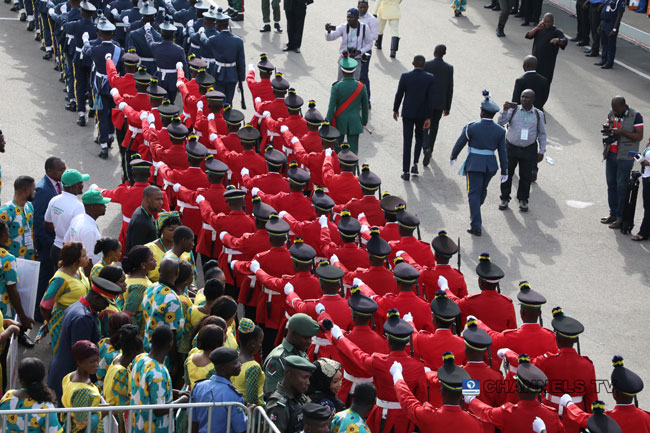
There was a brief moment of democracy from 1979 to 1983, with Alhaji Shehu Shagari, as the President.
Nigeria’s last major military ruler was General Sani Abacha, who died in office in 1998, after ruling for about 5 years.
His successor, General Abdulsalami Abubakar promised a transition to democracy and a new constitution was adopted for the country on the 6th of May, 1999.
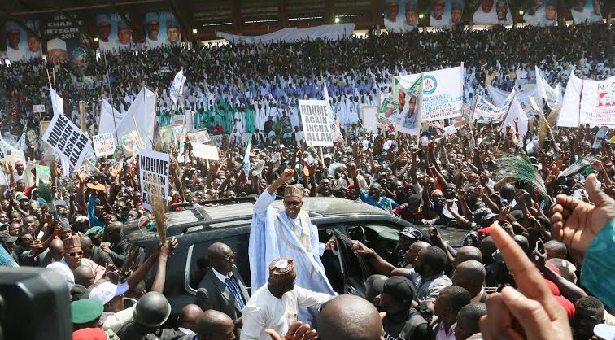
After the Presidential election of February, 1999, retired General Olusegun Obasanjo, who had previously governed Nigeria as a military ruler from 1976 to 1979, was declared the president-elect.
Obasanjo was duly sworn-in as President on 29th of May, 1999.

Hence, May 29 became official public holiday, when Nigerians celebrated the country’s return to democracy.
It has been 21 straight years of democracy in Nigeria since then.
But how well has the country faired?
Some observers say the practice of democracy in Nigeria has not been too successful in the last 21 years.
On the 6th of June, 2018, eight days after May 29 had been celebrated as democracy day, President Muhammadu Buhari declared June 12 as the new democracy day in the country.
June 12 carries huge political significance for Nigeria.
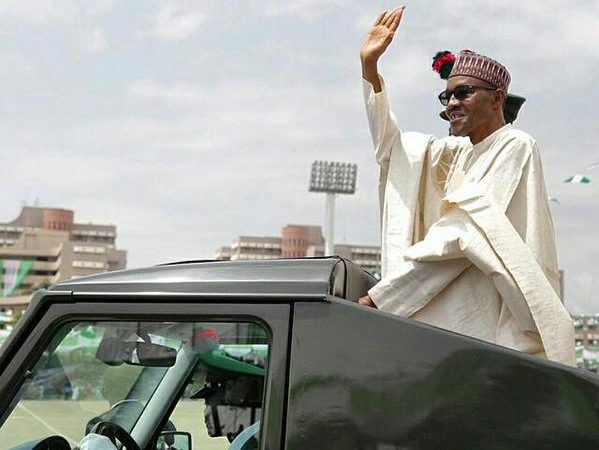
It was on this date in 1993 that the presidential election, adjudged to be the freest and fairest in Nigeria’s history, was held.
But the election was annuled by the military junta headed by General Ibrahim Badamosi Babangida and the winner, MKO Abiola, was never given his mandate.
Abiola died in suspicious circumstances on the 7th of July, 1998, the day that he was due to be released from detention.
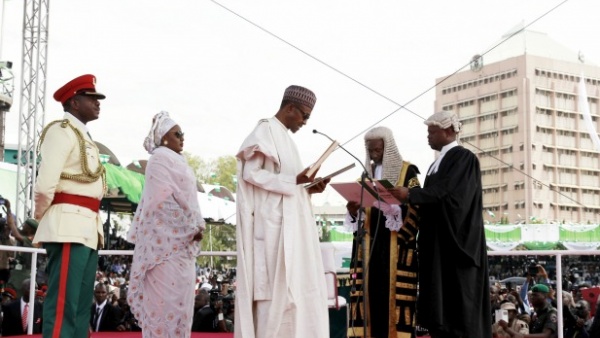
So, President Buhari’s decision to declare June 12 as the new Democracy Day, is seen as the most significant step taken by any Nigerian leader to address the injustice visited on Abiola and indeed all Nigerians.
June 12 will this year be celebrated as Democracy Day in Nigeria for the second time.
This change carries heavy symbolism for a country that has witnessed more years of military rule than democratically-elected government.
May 29 had that honour of being celebrated as Democracy Day in Nigeria, until last year, when President Muhammadu Buhari changed the course of history and June 12 became the new Democracy Day.





